Deck & Commander Strategies

Eladamri, Korvecdal
Cheat powerful Eldrazi creatures onto the battlefield from the top of the library or hand by revealing creature cards, leveraging ramp to accelerate the deployment of large threats and dominate the board through raw power.
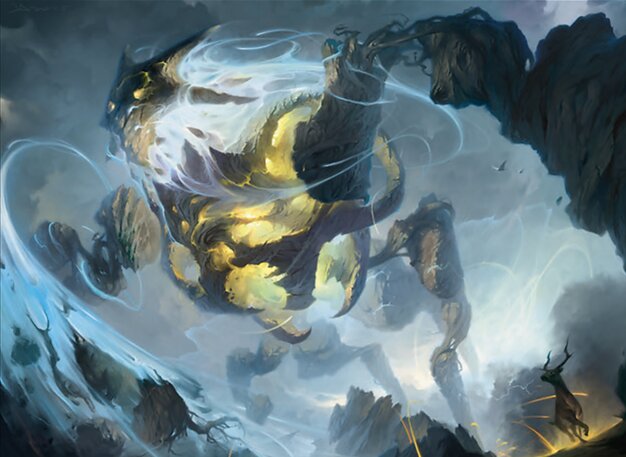
Maelstrom Wanderer
Use double cascade to cast multiple high-cost spells in a single turn, flooding the board with big creatures and spells to overwhelm opponents with tempo and card advantage.

Gisa and Geralf
Mill the deck to fill the graveyard and repeatedly cast zombie creatures from the graveyard, building a resilient zombie tribal army that can pressure opponents persistently.

Orvar, the All-Form
Generate multiple token copies of permanents whenever instants or sorceries target them, using a combination of bounce spells and token generators to flood the board with copies and dominate through sheer numbers.
Gameplay Insights
- 1
Eladamri's ability to cheat creatures directly onto the battlefield created significant early pressure and forced opponents to respond quickly or lose board control.
- 2
Maelstrom Wanderer's double cascade enabled explosive turns, allowing for multiple spells to be cast in sequence and quickly shifting board state in his favor.
- 3
Gisa and Geralf's graveyard recursion mechanic synergized well with milling effects, enabling a steady stream of zombie threats that proved difficult to remove permanently.
- 4
Orvar's token-copying triggered by targeting spells encouraged a strategic use of bounce spells and other instants to maximize token creation and board presence.
- 5
Early ramp and mana fixing, such as Chromatic Lantern and Power Stone Shard, played a crucial role in enabling high-cost spells and Eldrazi deployment across decks.
- 6
The interplay between graveyard strategies, token generation, and cascade spells made for a dynamic and interactive gameplay environment with multiple paths to victory.
Notable Cards
-
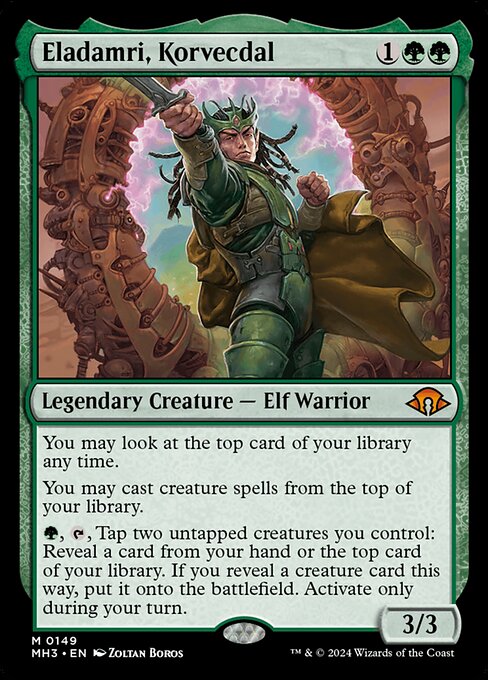
Eladamri, Korvecdal
-

Maelstrom Wanderer
-
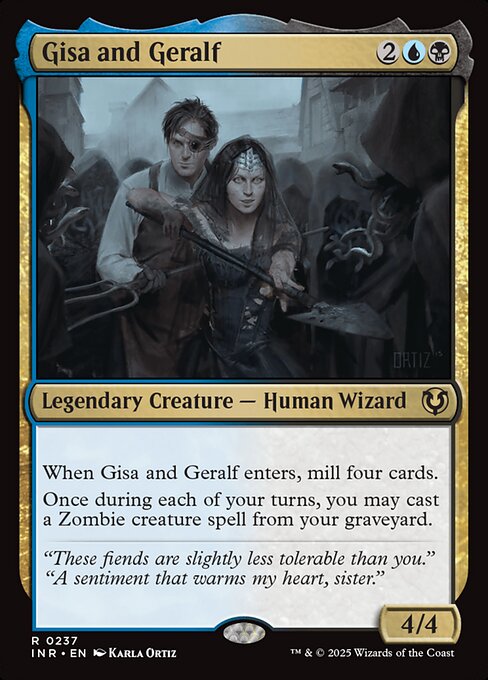
Gisa and Geralf
-

Orvar, the All-Form
-
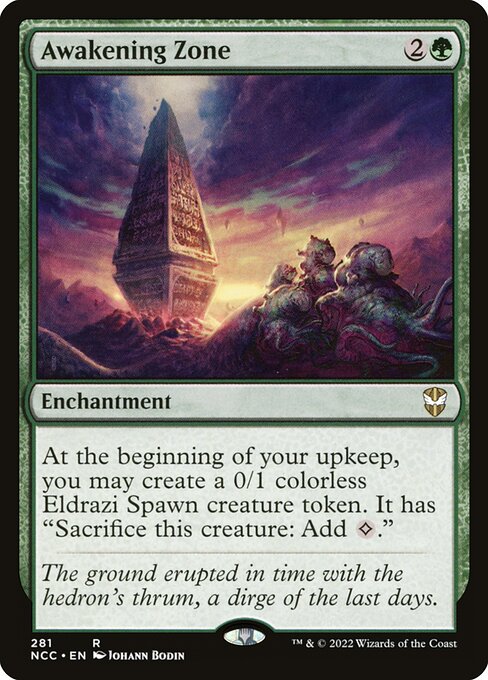
Awakening Zone
-
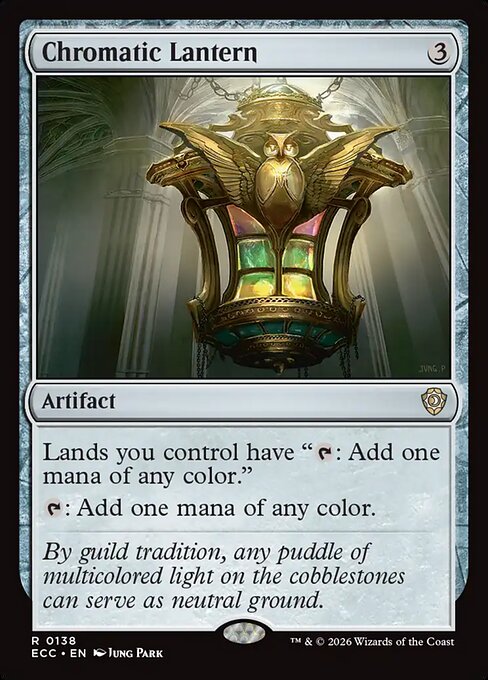
Chromatic Lantern
-
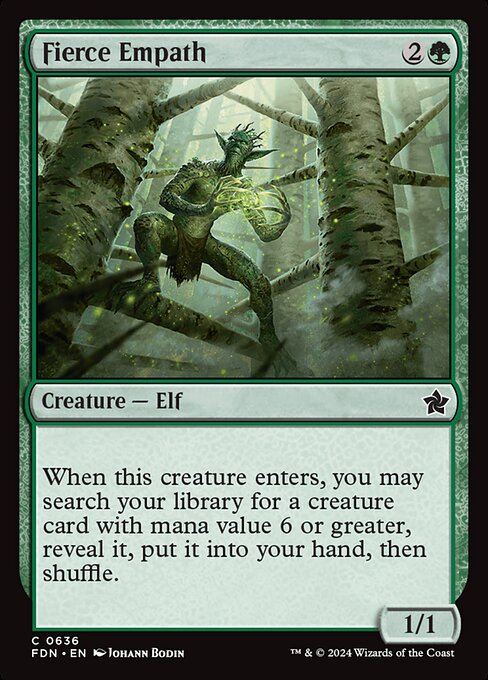
Fierce Empath
-
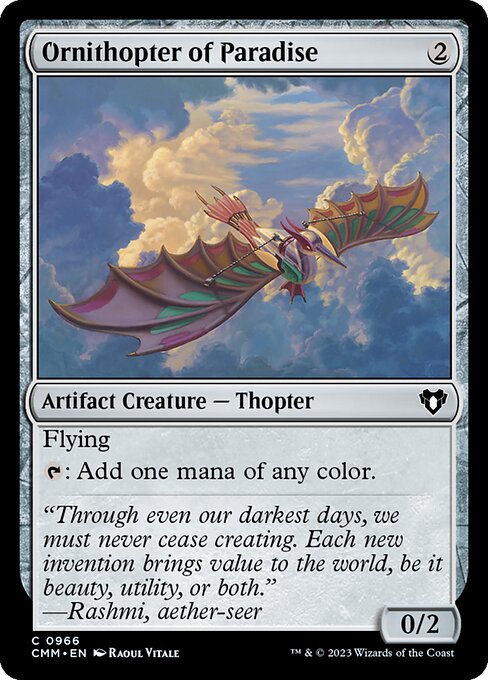
Ornithopter of Paradise
Gameplay Summary
The game began with players focusing on ramping mana and establishing early board presence.
Eladamri, Korvecdal leveraged his ability to cheat creatures onto the battlefield by revealing them from the top of the library or hand, quickly putting pressure on opponents with powerful Eldrazi threats.
Maelstrom Wanderer utilized his double cascade ability to cast multiple high-cost spells in a single turn, aiming to overwhelm opponents with big creatures and spells.
Meanwhile, Gisa and Geralf focused on milling their own decks to fill the graveyard and cast zombie creatures from there, steadily building a resilient zombie tribal army.
Orvar, the All-Form took a more token-centric and combo approach, generating copies of permanents whenever instant or sorcery spells targeted them, aiming to flood the board with copies and tokens to dominate the game. Early skirmishes revolved around board development and tempo plays, with players cautious but preparing for the inevitable clashes.
The key turning point was when Eladamri managed to cheat in large Eldrazi creatures rapidly, forcing opponents to respond or lose significant life.
Gisa and Geralf's graveyard recursion kept the board filled with threats, while Orvar's token generation posed a growing menace that required immediate answers.
Maelstrom Wanderer's cascading spells allowed for unpredictable swings, often swinging momentum in his favor.
The game was characterized by a dynamic interplay between graveyard recursion, token production, and cascade-fueled big plays.
The eventual win condition centered on overwhelming opponents with either Eldrazi brute force, a massive zombie horde, or a tidal wave of tokens and copies generated by Orvar's abilities.



![Ep 1: Jarred v Jedit v Elas v Jaxis commander / [EDH gameplay] thumbnail](https://i.ytimg.com/vi/fOXepOqTRcA/sddefault.jpg)
!["Battle of the Commanders" EP: 2 Anje vs Zur vs Jedit vs Phabine [EDH Gameplay] thumbnail](https://i.ytimg.com/vi/ZmDQKhu_A_M/sddefault.jpg)
!["4 Player Commander Showdown "- Ep: 3 Hazezon v Dihada v Willowdusk v Raffine [EDH Gameplay] thumbnail](https://i.ytimg.com/vi/BiDOJLw7a3I/sddefault.jpg)
![All will be one! EP: 4 Prosper v Neyali v Ixhel v Karumonix [EDH gameplay] thumbnail](https://i.ytimg.com/vi/1rB3FW952-4/sddefault.jpg)
![Ep: 5 Tawnos v Yuriko v Purphoros v Urza [EDH gameplay] thumbnail](https://i.ytimg.com/vi/ovuvwBzAQ1U/sddefault.jpg)
![Ep: 6 Myrel v Liesa v Kess v Falco [EDH gameplay] thumbnail](https://i.ytimg.com/vi/Au02HpcLJGA/sddefault.jpg)

![Ep: 8 Xira v Atraxa v Goblinson v Akiri [EDH gameplay] thumbnail](https://i.ytimg.com/vi/vRfqRDjvoXs/sddefault.jpg)

![Knightly Showdown EP: 11 Gisa v. Imoti v. Sidar Jabari v. Syr Gwyn [EDH gameplay] thumbnail](https://i.ytimg.com/vi/P8KX_caip9U/sddefault.jpg)
![Starter Commander Decks [Commander VS 321] | Magic: the Gathering Commander Gameplay thumbnail](https://i.ytimg.com/vi/seEnqBzrpsU/sddefault.jpg)
![Commander VS S4E3: Emrakul vs Gisa and Geralf vs Ishkanah vs Ulrich [MtG: Multiplayer] thumbnail](https://i.ytimg.com/vi/ThoExHZN_qw/sddefault.jpg)































![Commander Versus Series: Momir v. Gwafa v. Marrow-Gnawer v. Maelstrom Wanderer [MTG Multiplayer] thumbnail](https://i.ytimg.com/vi/WdlHQqhXgtU/sddefault.jpg)